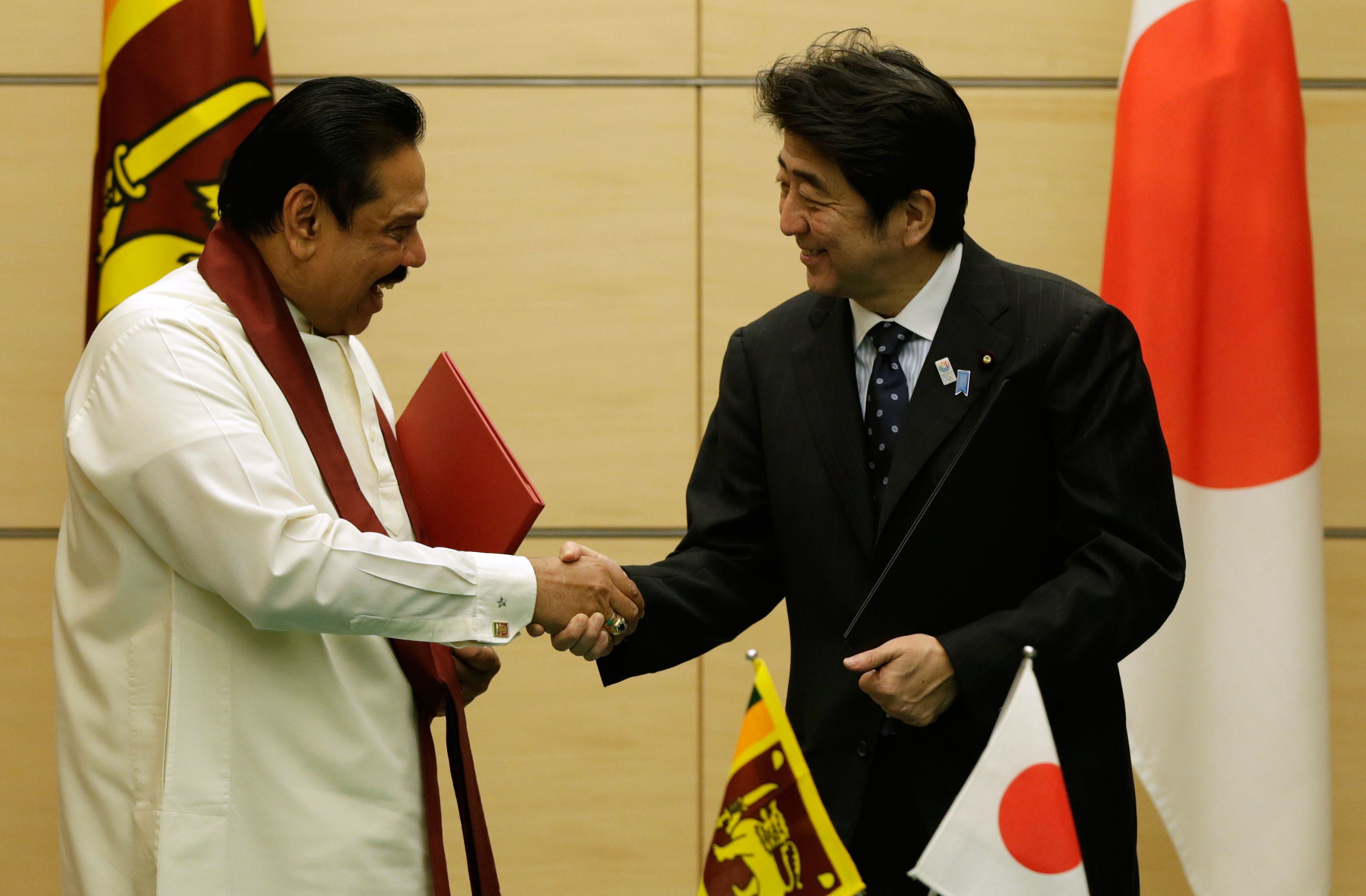Six years after the end of the civil war that claimed at least 70,000 lives between 1983 and 2009, Sri Lanka appears to have made little progress on reconciliation between its ethnic Tamils and Sinhalese majority.
In the war-ravaged northern provinces, large swathes of land are designated high-security zones and remain under military occupation. As a result, many displaced families are still waiting to return to homes located in these areas even though the security threat seems negligible.
State security forces finally defeated the Liberation Tigers of Tamil Eelam (LTTE) in 2009 and killed the Tiger's leader, Velupillai Prabhakaran. In the final days, thousands of civilians used as human shields were also slaughtered. This massacre is the subject of controversy concerning the death toll — the government estimates it at 9,000 while the United Nations claims 40,000 were killed — and how best to pursue accountability, either via an international tribunal or some domestic process. The U.N. Human Rights Council delayed the release of an investigative report on the civil war at the request of the new Sri Lankan government out of concern that international pressure might spark a counterproductive backlash.



